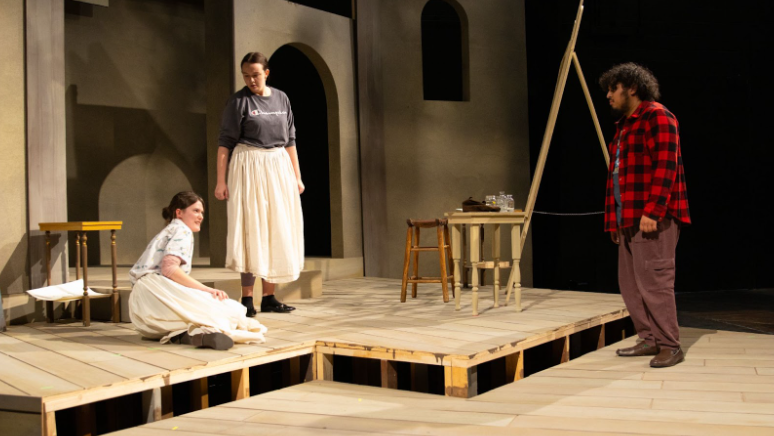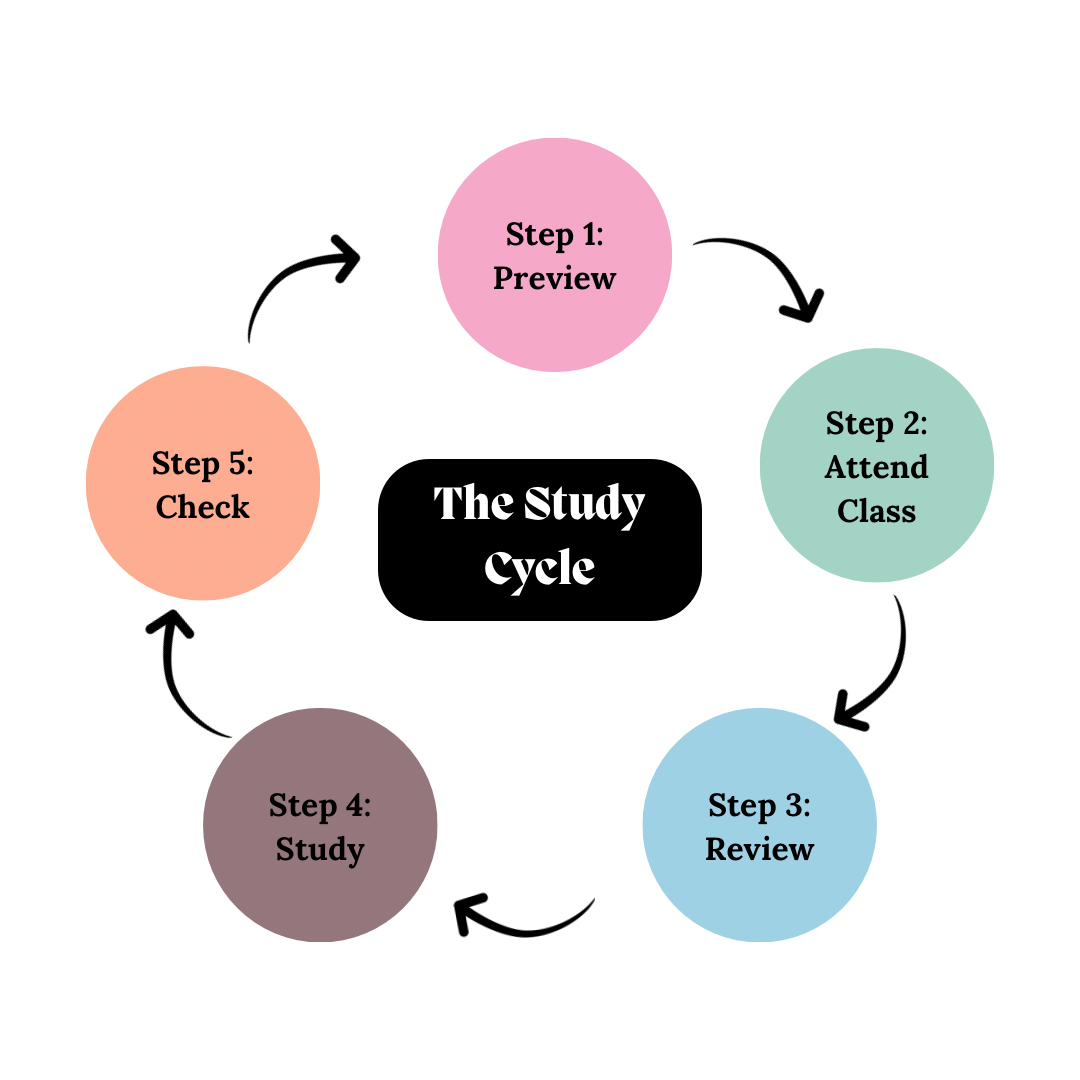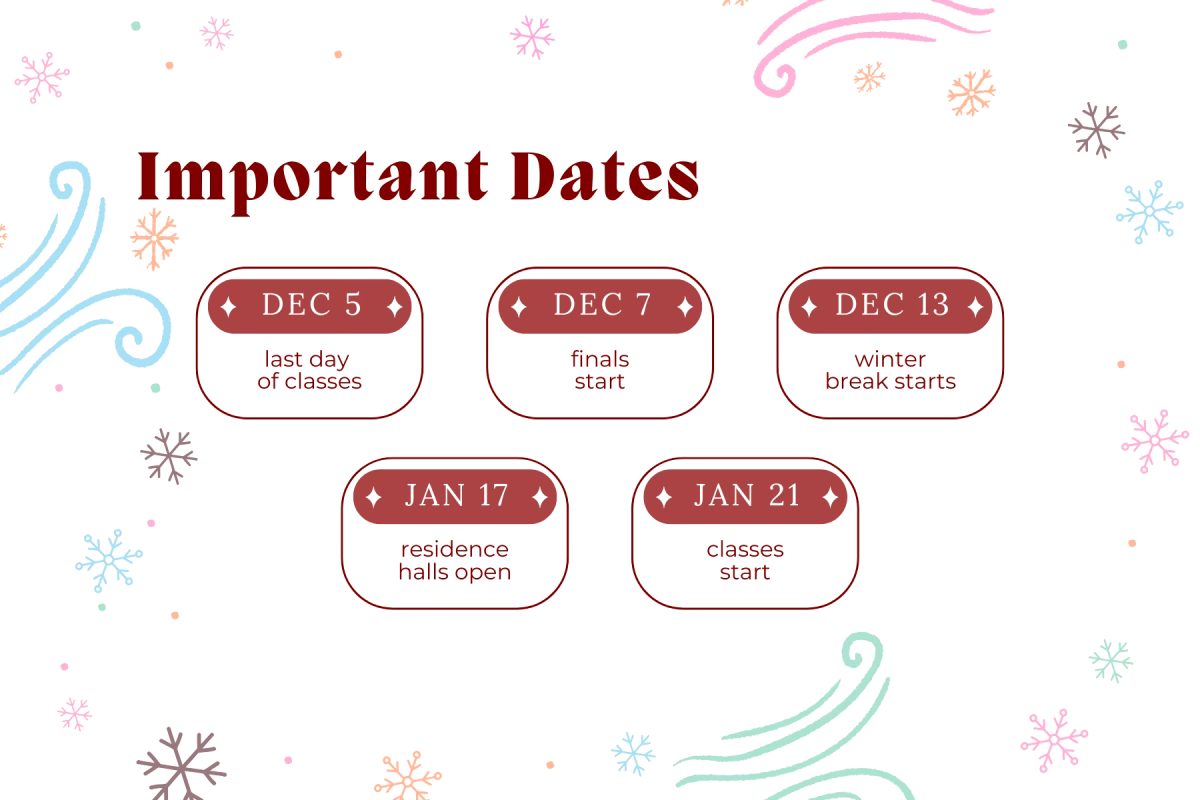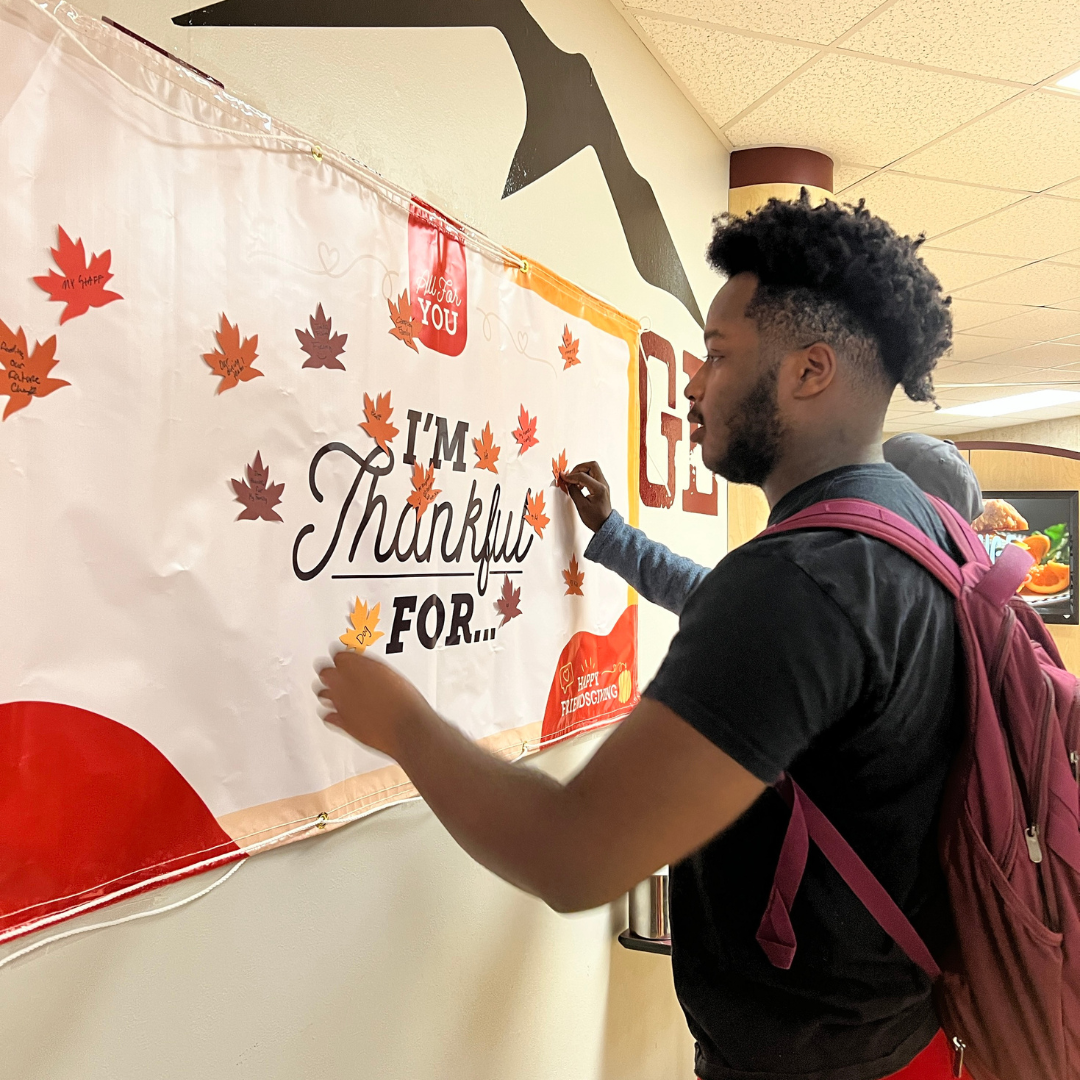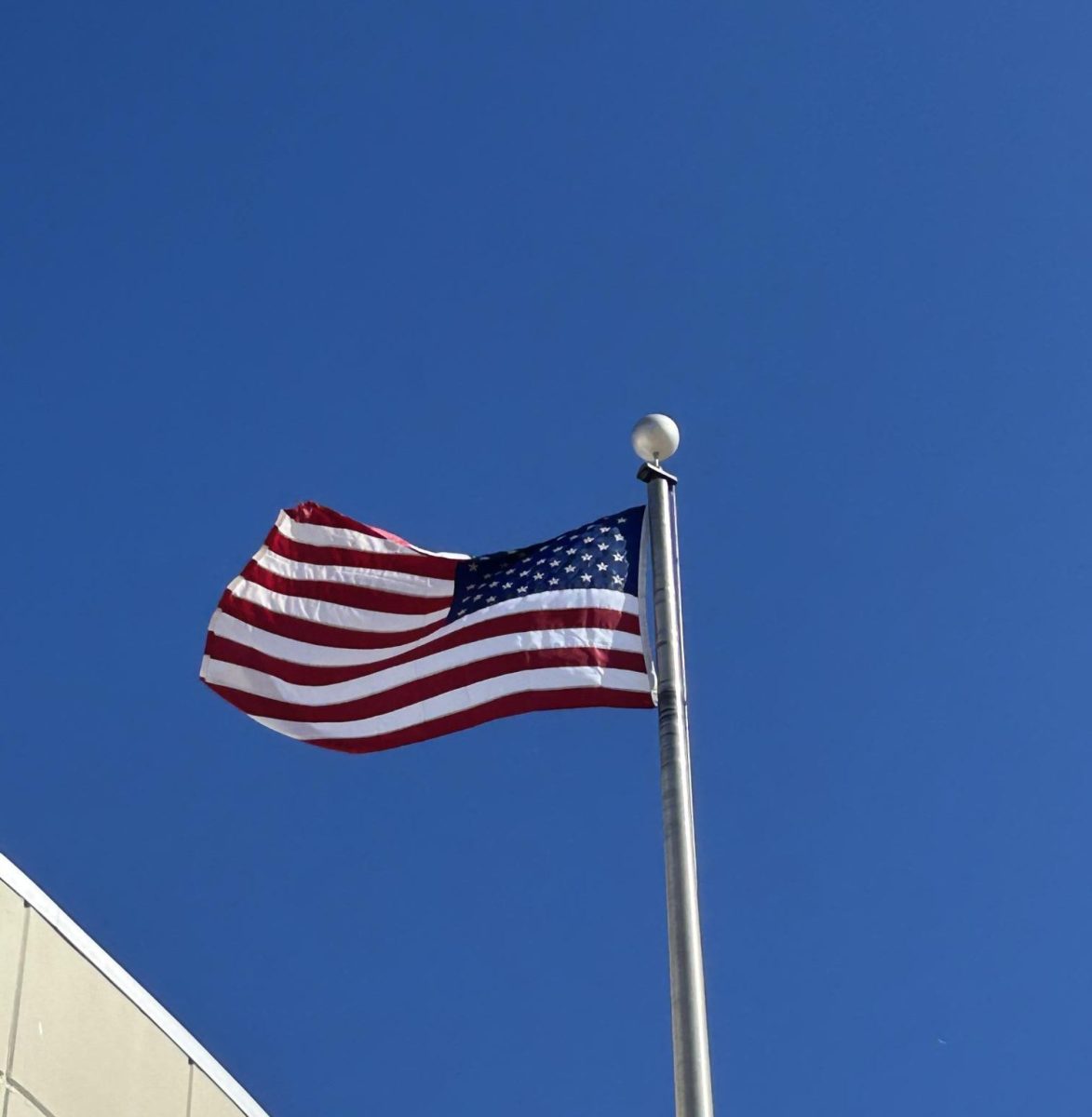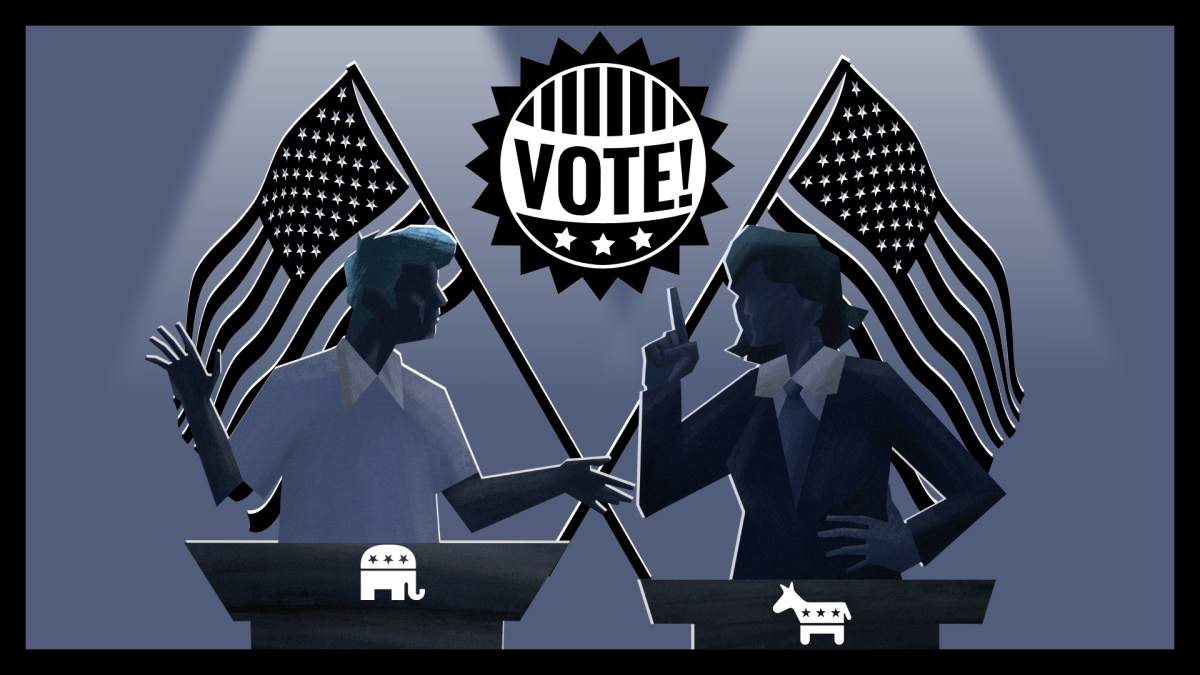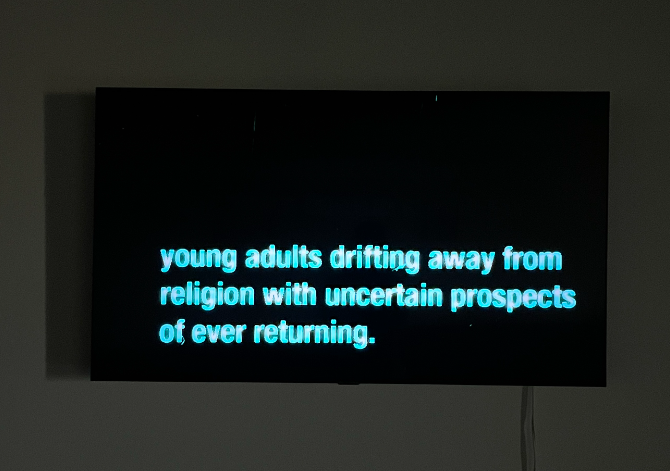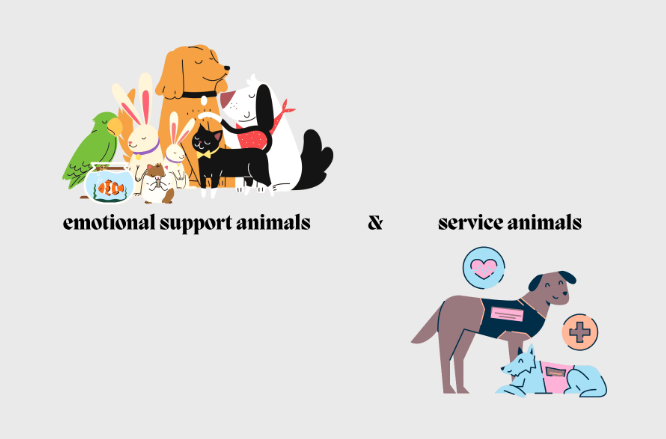
On Oct.1, 2013, the United States government began an official shutdown. A government shutdown is something that many people are not familiar with. According to USA Today, a shutdown happens when “Congress cannot agree on a spending bill — or if, in the case of the Clinton-era shutdowns, the president vetoes it — the government does not have the legal authority to spend money.”
As of Oct. 4, Congress was in disagreement. According to USA Today, “The Republican-controlled House has passed a spending bill that maintains spending levels but does not provide funding to implement the Affordable Care Act, or Obamacare.”
This government shutdown has had an effect on many students, especially veterans who are enrolled in college courses. When the shutdown began, many student veterans were informed that they would not receive their government benefits right away. Many student veterans are unsure when, or if, they will receive their benefits and the situation is having a major impact on their lives.
“With the government shutdown, I didn’t receive my benefits,” Chris Grepo, a veteran grad student, said. “Those benefits are really key to my survival while I’m in school. Without those benefits, I haven’t paid rent, haven’t paid my electricity bill, AT&T was nice enough to extend my bill out until I could pay, but all my other bills, I haven’t paid.”
Grepo is also the single father of three children and is concerned about how he will be able to continue to put a roof over their heads and keep them fed, without having to quit going to school. The option of dropping out of college is a reality that many veteran students are now facing. However, many people are trying to think of ways to assist these veterans so they can continue attending college until they can receive their funds.
“I highly encourage that student veterans keep coming to school because we will figure something out,” Nune Perez, president of the WT Veterans Network and senior Senator of Student Senate, said. “I’ve been everywhere I can think discussing trying to raise funds. I know we have our Veterans Ball coming up and we’ll try to raise funds to assist veterans in situations such as this.”
Perez is doing everything he can think of to try to figure out a way to help these student veterans at this time.
“Granted, all the students at WT are great, the veterans, of course are unique because they’ve sacrificed a lot for our country and a lot for allowing students that have not served to actually attend college,” Perez said. “For them to not be able to afford the opportunity is kind of nerve-wrecking for me.”
Although these veterans still believe that their university and community will come together to figure out some way to keep student veterans in school, some have sour feeling about how they are being treated by their government.
“I feel abandoned,” Angel Delacruz, junior secondary social studies education major and treasurer of the Veterans Network, said. “The government promised when I became a marine, that they would take care of me for life. Right now, that’s not the way things are and I’m disappointed.”
These student veterans, however, continue to have hope in continuing to attend school even though their faith in their government that they fought so hard to protect may be fading.
“I consider it sickening that their playing chess with American lives,” Perez said. “I almost feel digusted, really, considering being a veteran, I am disgusted at the fact that I’ve swore to uphold the Constitution and I don’t know if any of these politicians actually hold that oath truth. I don’t know if the president even holds that oath truth.”
Student veterans have been forced to think about how they will continue to pay their bills, some still believe things will work out eventually.
“We do drastic things in drastic times,” Grepo said. “One of the things I will probably have to do is start selling my stuff. I have to do what I have to do to keep my head above water. But here at WT, we have a crazy way of making things work.”
The longest and most recent shutdown lasted from Dec. 16, 1995, through Jan. 5, 1996; A 21-day government shutdown.
Additional consequences of the shutdown include: not being able to visit national parks, some national museums are closed, all archives and most presidential libraries will be closed, unless they’re operated by a private foundation, food safety inspections will continue, food stamps and social security benefits will continue.
For now, student veterans will have to play a waiting game as far as knowing whether or not their benefits will be issued.



